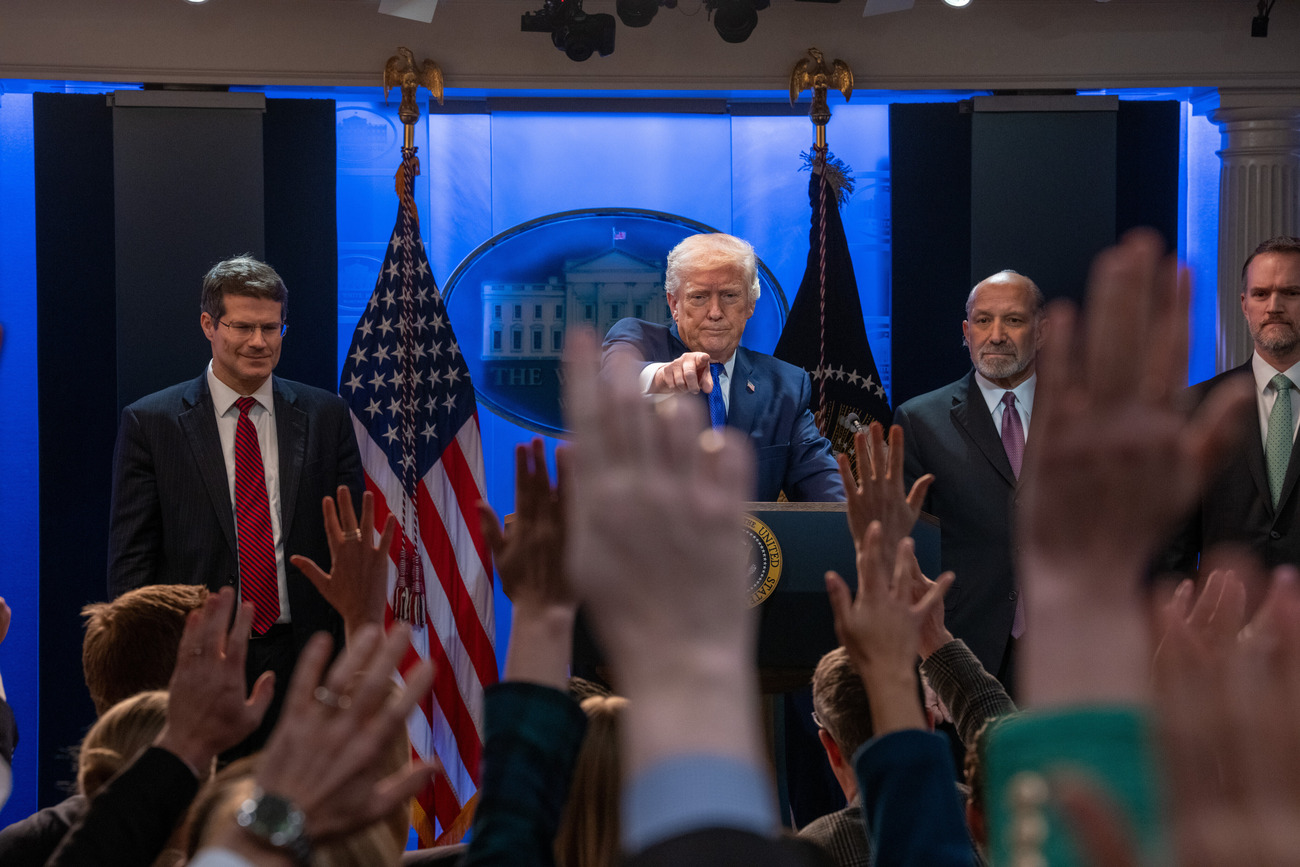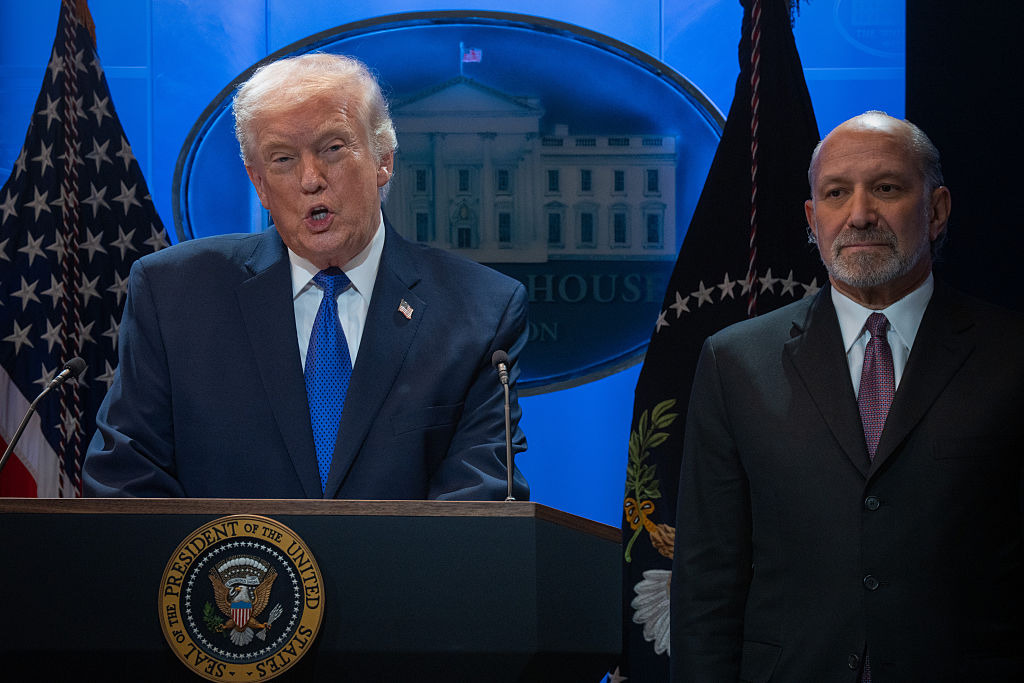Obama's Asia Quest
Obama's Asia Quest
President Obama's strengthening ties with Asia is understandable, but should not come at the expense of U.S. relationships in the Americas, argues COA's Eric Farnsworth for the Latin American Herald Tribune.
In his just-concluded travel to Asia, President Obama and his senior aides made one thing crystal clear: henceforth the United States will pivot from previous foreign policy priorities to focus more attention, time, and weight on the Asia Pacific. The president’s declaration of a renewed strategic focus on Asia is a recognition that the region is the most dynamic economically and likely will be for some time, and that our own economic well-being depends on hitching our wagon to Asian growth. It is also a recognition that China’s economic emergence is unsettling previous regional relationships and creating new tensions, and that the United States must increase its role accordingly as a calming regional voice.
This is the right thing to do. Without becoming obsessed with China in the manner that the West became obsessed with the Soviet Union during the Cold War or ignoring critical issues including Iran, nonetheless it is prudent and wise to devote a greater share of national focus to address the increasingly complex issues generated by China’s rise. If carried out effectively, the proclamation of the Asian moment could well become President Obama’s most significant and lasting foreign policy legacy.
And yet, one has a troubling sensation that, once again, the rush to exotic, alluring Asia—as appropriate as it is—overlooks the affections of the long-suffering girl next door in Latin America, a little more familiar, a little less conspicuous, yet long hoping for and perhaps expecting the attentions so often lavished on others. The difference today is that the girl next door has matured, gotten a make-over, fixed up the home and property, and now drives a sporty car. She is even financially secure. And yet the United States fails to notice.
Others, however, have not. In fact, those same Asians that the United States is so intent on winning over are now showing up at the doorstep of the neighbors, bringing flowers, candy, and whispering sweet nothings about long-term relationships. And the girl next door is wavering. How long will it take, she asks, for the United States to notice? What more does she have to do?
But, in global politics, nations do not need to be monogamous. Exhibit A is the regional trade agreement currently under negotiation called the Trans-Pacific Partnership, or TPP. The TPP is a highly promising initiative that has the potential to be the gold-standard agreement among like-minded states. A negotiation that was begun under the leadership of Chile, Singapore, Brunei, and New Zealand has added the United States and four others. Additional nations including Canada, Japan, and Mexico have also expressed interest in joining the negotiations. Although complicating from a trade negotiations perspective, adding these economies would provide the critical mass required to give the trade agreement significant economic heft.
The addition of Mexico and Canada would also provide an important linkage to Asia by the broader Western Hemisphere, something it behooves the United States to facilitate and frame. And why stop there? Colombia, Costa Rica, Panama, and even Uruguay should be added to the mix. No, these are not (yet) APEC nations, but unless we use TPP as a vehicle to promote a more active Western Hemisphere agenda, the region will continue to be an afterthought for Washington, even as it increases its links to Asia through alternative trade and investment means.
Beyond a decision to push for expanded Latin American and Canadian participation in the TPP, there are other things that could be done. For example, in Hawaii the leaders agreed to reduce tariffs on alternative energy products and services across the APEC region. This was a key recommendation of the Council of the Americas Trade Advisory Group at the beginning of the Obama Administration for the Western Hemisphere. When the President travels to Cartagena in April for the next Summit of the Americas, the desire to match Asian commitments on alternative energy should be at the very top of the U.S. agenda.
In short, the Asian moment is significant and real. With creativity and strategic thought, it can also be a pivot that leverages a more robust and meaningful engagement with our neighbors. It’s time to give more attention to the girl in the house next door.








